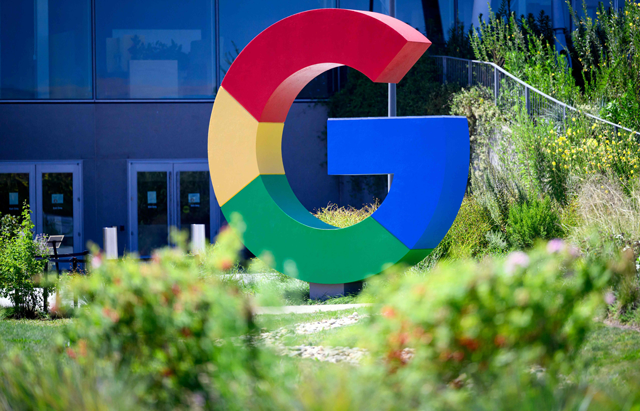SAN FRANCISCO — A federal appeals court on Tuesday breathed new life into a lawsuit by Chrome users who say Google gathered data even though they did not "Sync" to their accounts.
A panel of judges in California ruled that a lower court was wrong to toss the case on the grounds that Chrome users had agreed to Google's privacy policy, and that the lawsuit should head for trial.
"We disagree with this ruling and are confident the facts of the case are on our side," Google spokesperson Jose Castaneda said in response to an AFP inquiry.
"Chrome Sync helps people use Chrome seamlessly across their different devices and has clear privacy controls."
Google launched Sync in 2009 with the aim of letting Chrome users access bookmarks, passwords, tabs and more across devices by linking to a Google account, the internet giant said in a blog post.
The appellate ruling said the district court should have looked at the privacy policy consent defense from the perspective of a typical Chrome user, instead of "attributing to that user the skill of an experienced business lawyer or someone who is able to easily ferret through a labyrinth of legal jargon to understand what he or she is consenting to."
"A determination of what a 'reasonable' user would have understood must take into account the level of sophistication attributable to the general public, which uses Google's services," the appellate court judges in California wrote.
The class action lawsuit filed by Chrome users accuses Google of violating their privacy and breaking the law by collecting data about them, even through they were "unsynced."
The suit represents people who browsed the web using Chrome without Sync from July 26, 2016 to the present, according to court documents.
The appeals court also pointed out that Google did not deny collecting the users' data; instead, the company only said the users had agreed to the company's privacy policy.
